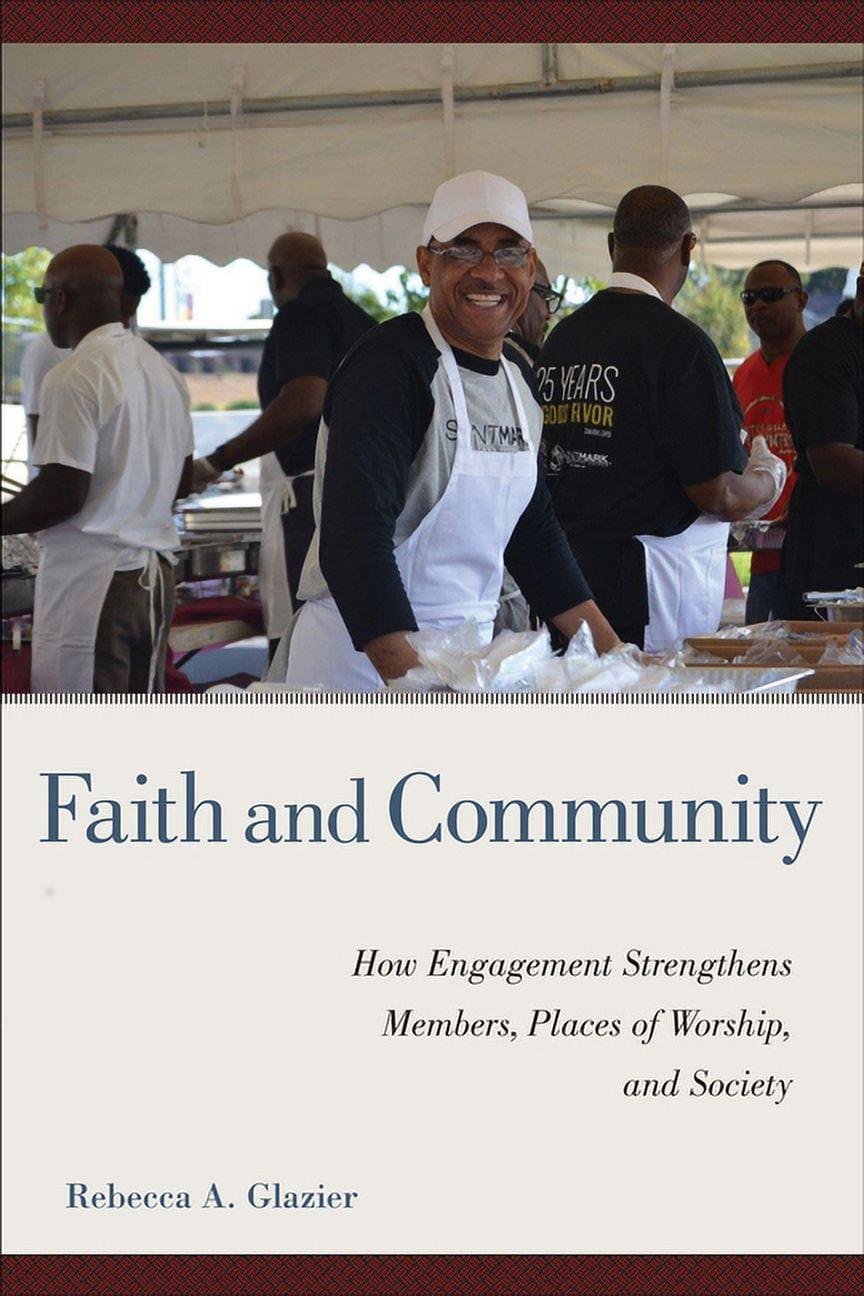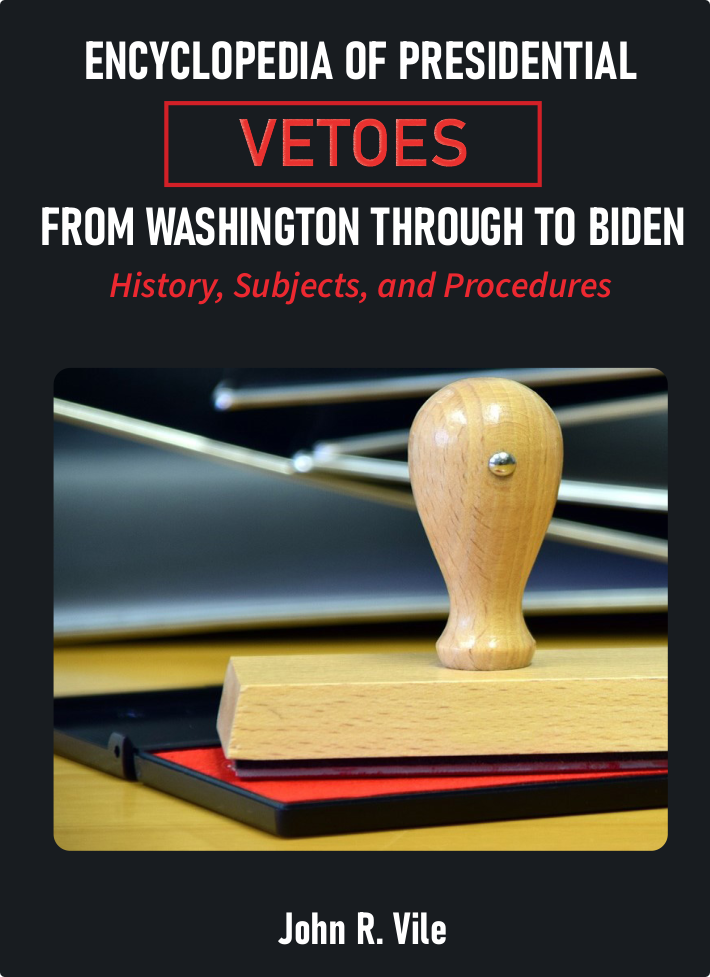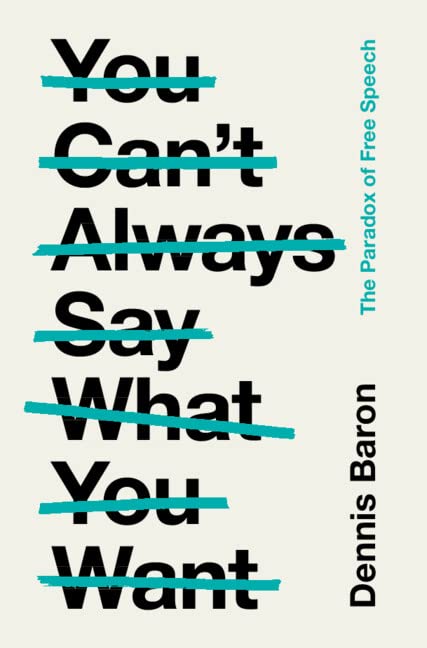Welcome to The Scholars’ Circle
Producers: Maria Armoudian (host), Doug Becker (host), Ankine Aghassian & Melissa Chiprin
contact us : host (at) scholarscircle.org
The Scholars’ Circle is a weekly production. Our library contains interviews from 2011 to present.
Below are our 10 most recent recordings.
Autocratic regimes often use people throughout the population to serve as informants. Why do people choose to become an informant and collaborate with autocracies? And what constitutes justice against these informants once the state democratizes? We discuss a new book on the topic Informers Up Close with its authors Mark Drumbl and Barbora Hola. [ dur: 58mins. ]

- Mark Drumbl is Professor at Washington and Lee University, School of Law, and Director of the University’s Transnational Law Institute. He is the author of Atrocity, Punishment, and International Law , Reimagining Child Soldiers in International Law and Policy and he is the co-editor of Sights, Sounds and Sensibilities of Atrocity Prosecution with Caroline Fournet.
- Barbora Hola, Senior Researcher, NSCR & Professor Department of Criminal Law & Criminology at Vrije Universiteit Amsterdam. She is a Senior Researcher at the NSCR. She has an interdisciplinary focus and studies transitional justice after atrocities, in particular (international) criminal trials, sentencing of international crimes, rehabilitation of war criminals and life after trial at international criminal tribunals. She is co-editor of Punishment in International Society: Norms, Justice, and Punitive Practices.
This program is produced by Doug Becker, Ankine Aghassian, Maria Armoudian and Sudd Dongre.
Podcast: Play in new window | Download
Subscribe:
Private Military Corporations have become a growing element of the warfighting landscape. States have historically had a monopoly on the use of military force. But private corporations challenge this monopoly. How much do they increase the lethality and likelihood of war? How much can private corporations be regulated? And what are the challenges to regulation? We explore the political, military, legal, and socioeconomic implications of private military corporations. [ dur: 58mins. ]
This interview was recorded in July 2023.
This program is produced by Doug Becker, Ankine Aghassian, Maria Armoudian and Sudd Dongre.
Podcast: Play in new window | Download
Subscribe:
The criminal indictments of former President Trump have created a political crisis in their unprecedented nature. Historically, U.S. presidents have not faced criminal charges, even in cases where there is a high likelihood of guilt, in large part due to respect for the office. Gerald Ford’s pardon of Richard Nixon embodies this norm.
What can the U.S. learn from other countries that have prosecuted former presidents? And what can we learn from American history about the prosecutions of political figures? Is the prosecution of former heads of state simply the weaponization of justice mechanisms? And how common is this political charge? [ dur: 58mins. ]
-
Jeremi Suri is Professor in the Department of History and the LBJ School of Public Affairs and the Mack Brown Distinguished Chair for Leadership in Global Affairs at The University of Texas at Austin. He is the author of The Impossible Presidency: The Rise and Fall of America’s Highest Office and his latest book Civil War by Other Means: America’s Long and Unfinished Fight For Democracy. He hosts the podcast This is Democracy.
-
Tom Ginsburg is Leo Spitz Professor of International Law and Ludwig and Hilde Wolf Research Scholar at the University of Chicago Law School. He is the author of the books The Endurance of National Constitutions, Constitutions in Authoritarian Regimes,and co-author of the paper The Comparative Constitutional Law of Presidential Impeachment.
- Ezequiel González Ocantos is Associate Professor in the Department of Politics and International Relations, and a Professorial Fellow of Nuffield College, at the University of Oxford. He is the author of Shifting Legal Visions: Judicial Change and Human Rights Trials in Latin America, The Politics of Transitional Justice in Latin America: Power, Norms and Capability Building, and co-author of Prosecutors, Voters, and the Criminalisation of Corruption in Latin America(w/ Paula Muñoz, Nara Pavao & Viviana Baraybar).
This interview was recorded August, 2023.
This program is produced by Doug Becker, Ankine Aghassian, Maria Armoudian and Sudd Dongre.
Podcast: Play in new window | Download
Subscribe:
The rise of the religious right or Christian Nationalism aided in the election of Ronald Reagan in 1980, and has been a significant voting bloc ever since. How much is this movement driving American politics? How organized are the groups that comprise the movement? And what exactly is its political agenda? [ dur: 35mins. ]
Churches and congregations are facing decreased attendance and low enthusiasm from younger populations. How has civic engagement built their numbers? Doug Becker explores with the author of a new book – Faith and Community: How Engagement Strengthens Members, Places of Worship, and Society.on the topic. [dur: 23mins. ]
This program is produced by Doug Becker, Ankine Aghassian, Maria Armoudian and Sudd Dongre.
Podcast: Play in new window | Download
Subscribe:
We discuss with John Vile his book Encyclopedia of Presidential Vetoes from Washington through to Biden – History, Subjects, and Procedures. [ dur: 29mins. ]
What are its legal, social, and political limitations of free speech? How does the advent of social media and concerns over misinformation have an impact on the exercise of free speech? And how do the new developments of free speech and its limits have an impact on the First Amendment protections? We discuss a new book You Can’t Always Say What You Want: The Paradox of Free Speech with its author Dennis Baron. [ dur: 29mins. ]
- Dennis Baron is Emeritus Professor of English at the University of Illinois at Urbana-Champaign. He is a frequent commentator on language issues in the national media and has written a number of popular books, including What’s Your Pronoun? (2020).
This program is produced by Doug Becker, Ankine Aghassian, Maria Armoudian and Sudd Dongre.
Podcast: Play in new window | Download
Subscribe:
While much of the world is in a democratic backslide, some nations’ democracies are thriving. What do the elections in Mexico, South Africa, and India portend? We will examine the election of these three leading Global South nations, the impact of dominant parties losing some support, and the general state of democracy in each nation. How might the policies change? What was the impact of leadership personalities in the democratic developments in Mexico, South Africa and India? [ dur: 58mins. ]
This program is produced by Doug Becker, Ankine Aghassian, Maria Armoudian and Sudd Dongre.
Podcast: Play in new window | Download
Subscribe:
For the first time since the nations founding a former President was convicted of a felony. What does the criminal conviction mean for Trumps ability to run for President and to govern if he wins? And why does the US have such a challenge in prosecuting former Presidents, when it has a history of prosecuting other former office holders? What does the term lawfare mean? And does this conviction make the US democracy more fragile or stronger? [ dur: 58mins. ]
This program is produced by Doug Becker, Ankine Aghassian, Maria Armoudian and Sudd Dongre.
Podcast: Play in new window | Download
Subscribe:
What challenges and crises are the sudden death of Iran’s president and his succession revealing? What’s happening inside the country? What’s happening with Iran internationally?
We speak with four Iranian scholars on Iran’s political system, internal politics, social and political repression and alienation between state and society. How much of Iran’s foreign policy is driven by domestic issues and how much of it is a reaction to external actors, most notably the United States? [ dur: 58mins. ]
This program is produced by Doug Becker, Ankine Aghassian, Maria Armoudian and Sudd Dongre.
Podcast: Play in new window | Download
Subscribe:
With massive protests on university campuses over the war in Gaza, universities have chosen to aggressively and violently break up the protests putting student protesters at risk. How does non-violent protest turn to violence at the hands of the police? How have national politics driven the responses to student protests? As university space has become more contested, particularly by political forces on the right, what do violent responses to protests mean for university values of free speech?
We speak with three university professors and one student about their experiences at their respective campuses. [ dur: 58mins. ]
This program is produced by Doug Becker, Ankine Aghassian, Maria Armoudian and Sudd Dongre.
Podcast: Play in new window | Download
Subscribe:
With its 1.4 billion population and a billion registered voters, India stands as the world’s largest democracy and 5th largest economy. India is holding national elections, which will decide its leaders for the next five years. What are the role of its institutions in supporting democracy and how are their elections conducted? What is the state of India’s democracy and what are its big challenges? [ dur: 58mins. ]
This program is produced by Doug Becker, Ankine Aghassian, Maria Armoudian and Sudd Dongre.
Podcast: Play in new window | Download
Subscribe:




